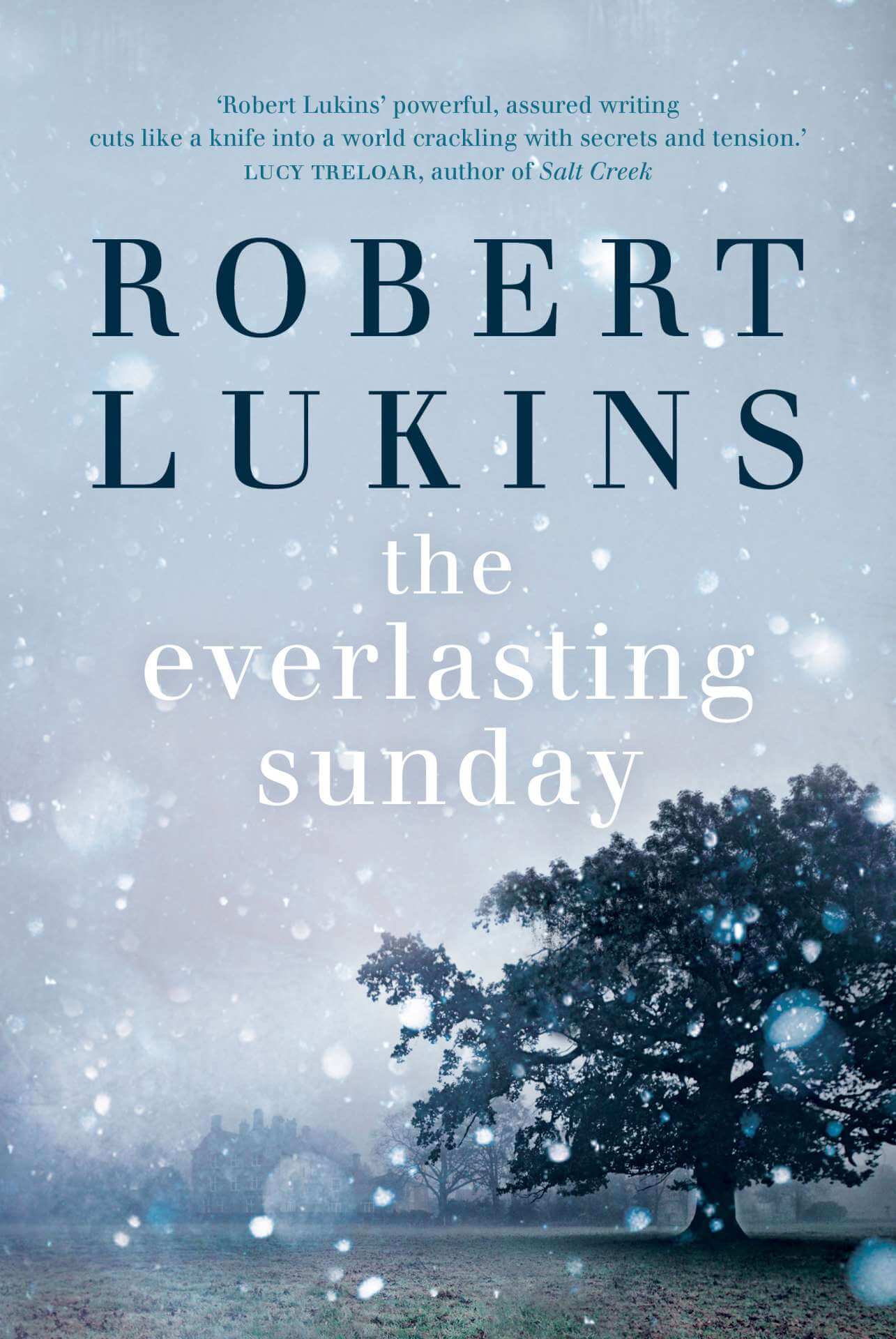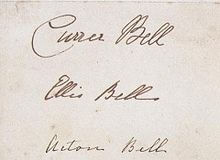 Ideas
Ideas
Detouring Around The Language Barrier
An ideas piece by Lauren Fuge on how being immersed in a new language re-ignited an old flame. I rocked up in Munich with a year and a half of la ...
Read MoreI am excited, grateful, giddy even. I wrote a novel and some charitable people have agreed to publish it. Since then we have conducted a structural edit to the text and all is well. Some fictional events changed place in their fictional timeline. Some relationships came into sharper focus, others pushed back. The scene with the puns was vetoed. All is well. It’s now some time since then and I’m anxious for my editor to deliver the copy edit, the line-by-line dissection, the nitty-gritty.
Day 1.
I open the document and see red. Only red. My words now scored through with ‘Satan’s Sunroom’ Red. It’s arrived, the edit, deposited into my face via email the night before the fortnight’s leave I’ve taken to tackle the thing. The file must have been corrupted though, subjected to some glitch, because all the words are hidden behind these vermillion lines. The words my editor promised me they loved.
I open the reviewing pane: 3,856 distinct revisions. The deletion of a word is one revision. Deleting a page, one revision.
3,856.
That seems like a lot.
I’ve walked into the bathroom with my laptop now and I’m sitting on the toilet seat, reaching for the double-ply and this is a meltdown. Moans, tears, cistern-pounding, the works.
“They can have the sodding money back,” I say to my loved one who has been lured by the call of my tantrum. “They can’t do this. They said they loved it. I won’t do this.”
“Well, okay, after all it’s not much mon–”
“They can have the money back”
Day 2.
My editor is a genius. My heart’s true guardian. They have saved me.
On more sober inspection it turned out those 3,856 edits were, without exception, necessary. And they weren’t all deletions (though there were plenty of those). They were questions, suggestions, challenges. Challenges, I came to realise, I had failed to make of myself.
I had convinced myself of a romance in which my prose was perfect in its precipitant form: I had reached so deeply, tried so hard: this is how the book is. This is what I made. First thought, best thought, as Allen Ginsberg was too fond of saying. My editor challenged me and I came to see that my thoughts had not been wrong but were perhaps unfinished.
Maybe this is something obvious, that I should have known. Maybe it’s something you can only arrive at with help from another. Maybe I should have taken that Creative Writing subject after all.
Day 3 - 133.
My editor hates me:
You’ve already suggested that sense of repetition and monotony.
You don’t need to spell this out – the lack of dialogue already suggests silence.
You could afford to use plainer language here.
Have a think about this sentence.
Perhaps a little too mature.
I don’t quite understand the mechanics of this.
This might be a little too convenient.
This might be a bit oblique.
I’m not quite sure what this means.
I didn’t quite buy this.
My editor loves me:
This whole scene is exquisite.
So evocative.
Perfectly seeded detail.
This scene is so moving – and this ending is perfect.
Terrific sense of foreboding.
Lovely.
Ha!
My editor is an obsessive:
I don’t think it’s the 7th: he arrived late on 26 Dec, and now it’s (officially) 1 Jan, which is six days later.
Do you mean with his thumb and index finger?
This appears to be a Wednesday – 6 March 1963.
I can envisage West teaching Radford the C-major, F-major and G-major triads (all white keys) for the basis of a song, but I’m not sure how the fourth would come in.*
Can Radford see this from where he’s standing?
Whose car is this?
My editor is a poet:
Perhaps cheese would be too precious?
Whose voice is this – Winter’s? I think that last line about microbes, in particular, feels a little arch.
Sorry if this is a ridiculous question, but is this meant to be a scarecrow?
If you sustained the sense of foreboding until the very last line, his reappearance could serve to dissolve that menace.
Should he find more comfort in its rituals?
This could be reconfigured into Winter’s voice, but that might negate the idea of its wordless departure.
As a euphemism for fuck? I can’t say that I’m familiar with this (apart from, I am sad to confess, the CeeLo Green song).
I wonder if the moon should be brighter.
Day. 134
It’s over. So, so much work. So many iterations of queries and changes and questions being answered on the smallest and largest of matters. All reduceable to the absurd: What do you mean to say? Turns out two weeks’ leave wasn’t going to cut it. It’s been sent to the printers. We’re done.
Day. 137
I receive an email telling me that my editor has resigned and is moving states. I resolve to not take it personally.
Day. 165
I hold a finished copy of the book in my hands. I used to think of it as my book, but now it has been touched by too many other hands. My editor’s thumbmarks are all over it, smoothing over the seams. It’s the book, and that’s a beautiful thing.
It seems excessive to say that I’m a different person than I was before the editing, but a different writer certainly. I think of the ways I will now approach the whole business of bunging words on a page. The areas I now see myself able to travel to. That must be the purpose of second novels.
I should get my editor a present. What though? What reflects even a little of what they’ve given me? A bottle of wine is too impermanent. I could book them a massage, but again, too fleeting and certainly stepping near creepy terrain. We’ve made some arrangements to meet for potato wedges at the kiosk at the top of the Eureka Tower, so maybe I could duck into the gift shop. A snowglobe? A little world they could shake up, turn more beautiful, then watch return to calm? This might be a little too convenient. Maybe just the wine then.
I hold the silly book and can’t bring myself to look inside. There is plenty of time for that.

* I ran this article by my editor to make sure they were happy for me to share our editorial notes. They clarified that in this instance, were it not for competing contextual demands, the fourth chord would have been, naturally, an A-minor.

Robert Lukins is a writer based in Melbourne. His debut novel The Everlasting Sunday is out 26 Feb 2018 through UQP.
 Ideas
Ideas
An ideas piece by Lauren Fuge on how being immersed in a new language re-ignited an old flame. I rocked up in Munich with a year and a half of la ...
Read More Ideas
Ideas
This is a creative nonfiction piece by CB Mako showing a real-time response to critique, and its interaction with mental health. “I have a non- ...
Read More Ideas
Ideas
What's in a name? Irene Bell explores a history of authors obscuring their identities with pseudonyms. “Literature cannot be the business ...
Read More